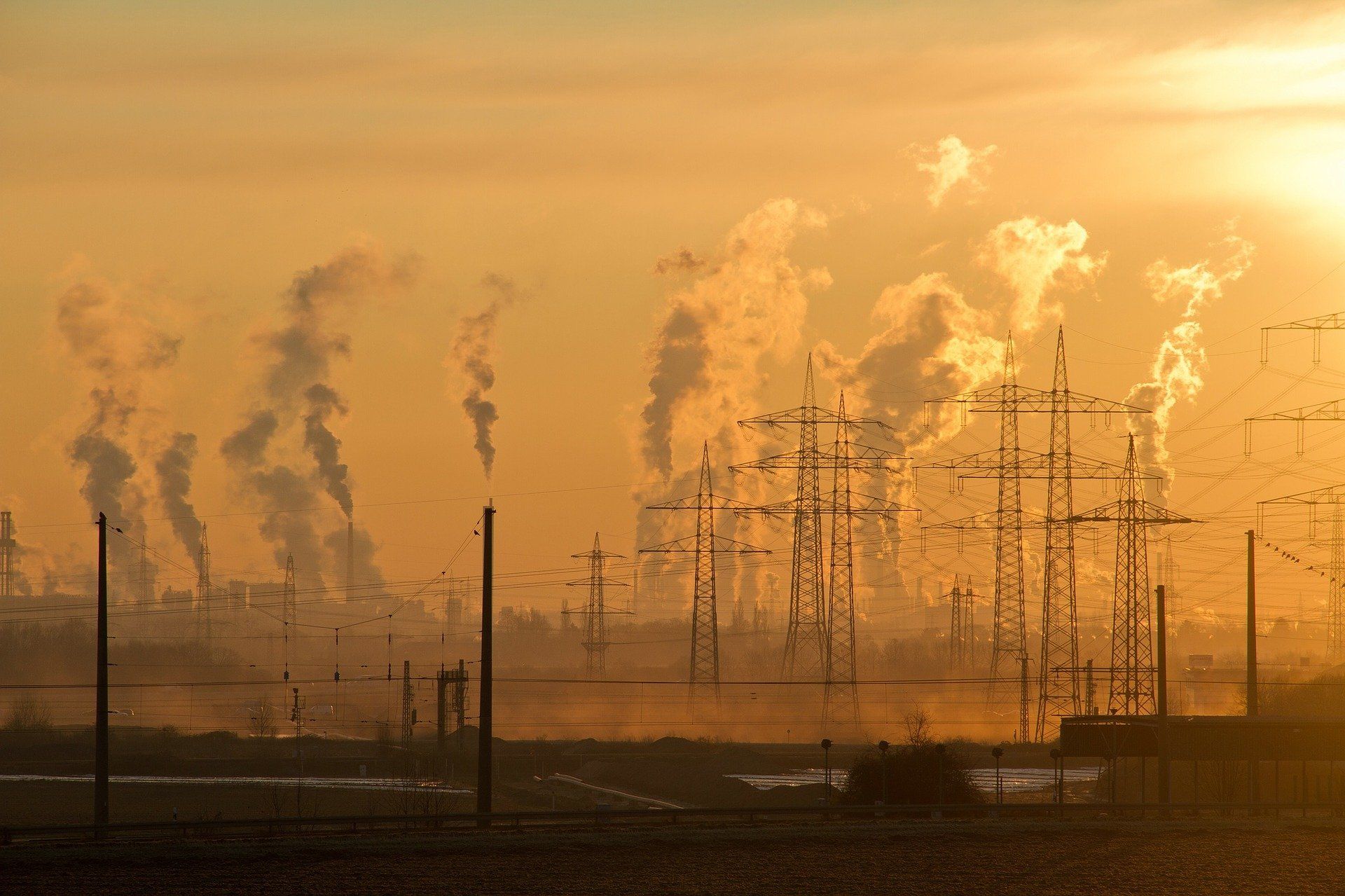The carbon emission in 2020 fell by 7% as large parts of the world were locked down due to the COVID-19 pandemic, as per the annual assessment by the UN’s Environment Programme (UNEP), AFP reported. However, it would have a “negligible impact” on warming, the UNEP said in its Emissions Gap report.
Despite the pandemic and pledges undertaken by several nations to cut down carbon emissions, the Earth remains on course to warm more than 3° Celsius by the end of the 21st century.
The Emissions Gap report analyses the gulf between action required under the Paris climate deal and emissions cuts currently planned by countries. It found that a “green recovery” from the pandemic, in which emerging net-zero pledges are accelerated, could shave 25% off of emissions by 2030.
This would bring the world closer to levels required to limit warming to 2°C (3.6 Farenheit), as stipulated under Paris.
UNEP said last year that emissions must fall 7.6% annually through 2030 in order to keep the more ambitious Paris temperature goal of 1.5C in play.
While 2020 is likely to see emissions fall broadly in line with that figure, it took an unprecedented slowdown in industry, travel and manufacturing to achieve.
Experts fear that a rebound in carbon emissions is nearly inevitable in 2021; last week the UN said that countries planned to increase fossil fuel production by 2% each year this decade.
To limit warming to 1.5°C it said oil, gas and coal production instead must fall 6% each year.
Wednesday’s assessment found that emissions in 2019 — a year scientists still hope will represent a peak in annual carbon pollution — stood at 59.1 gigatonnes of CO2 equivalent.
This represents a 2.6% increase compared with 2018, largely driven by an increase in forest fires, UNEP said.
It said reduced travel, industrial activity and electrical generation due to the pandemic would see emissions fall 7% compared with last year.
But that would only translate to a 0.01°C reduction of global warming by 2050.
UNEP said a green recovery from COVID-19 would see emissions hit 44 GT in 2030 compared with a predicted 59 GT, giving humanity a 66% change of holding temperature rises under 2°C.
This would need widespread switches to renewable energy, direct support for zero-emission technology and infrastructure, reducing fossil fuel subsidies, no new coal plants and widespread reforestation, it said.







